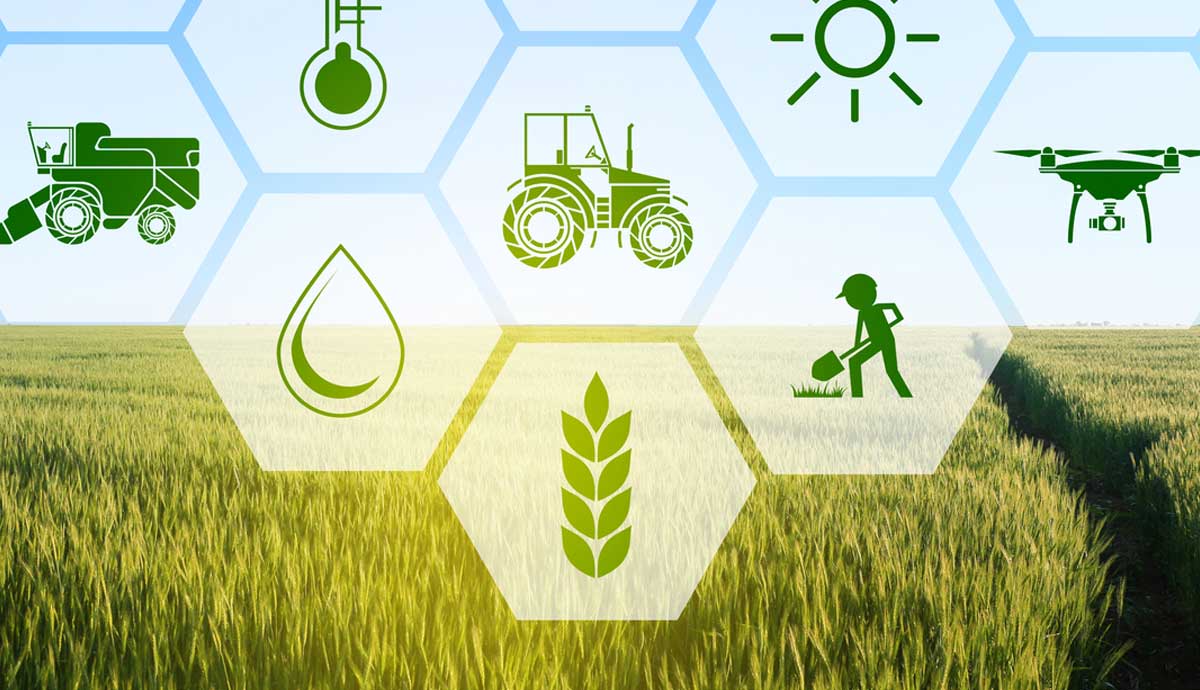Buy Quality Agriculture Products
To buy quality agriculture products, whether it's seeds, fertilizers, pesticides, machinery, or any other agricultural input, you'll need to follow a systematic approach to ensure that you get the best products that suit your farming needs. Here are steps to help you purchase quality agriculture products:
1.) Define Your Requirements:
First, clearly define what you need. Consider the type of crop you are growing, your specific soil and climate conditions, and any other factors that might affect your choice of agricultural products.
2.) Research and Identify Reputable Suppliers:
Look for reputable suppliers or dealers who specialize in the products you need. You can find them through online searches, agricultural supply stores, recommendations from other farmers, or by contacting agricultural associations or government agricultural departments.
3.) Check for Certification and Quality Standards:
Ensure that the products you're considering meet relevant quality standards and certifications. In many countries, there are standards and regulatory bodies that oversee agricultural products. Check for certifications like ISO, BIS (Bureau of Indian Standards), or any other relevant local standards.
4.) Inspect Product Labels and Packaging:
Examine the product labels and packaging. Look for clear and accurate information about the product's contents, usage instructions, manufacturer details, and any safety precautions.
5.) Ask for Product Specifications:
Request detailed specifications of the products you're interested in. This information should include product composition, nutrient content (if applicable), application rates, and compatibility with your farming practices.
6.) Consider Environmental Impact:
If you're concerned about sustainability and environmental impact, inquire about the environmental aspects of the products. Some products may be certified as environmentally friendly or organic.
7.) Compare Prices and Value for Money:
Compare prices from different suppliers to ensure you're getting competitive rates. Consider the value for money, which includes factors like product quality, effectiveness, and longevity.
8.) Ask for Recommendations:
Seek recommendations from fellow farmers or agricultural experts who have experience with the specific products you're interested in. Their insights can be valuable in making informed decisions.
9.) Request Samples or Trial Period:
If possible, request samples of the products or ask for a trial period to test their effectiveness on a small scale before making a larger purchase.
10.) Review Warranty and Return Policies:
Understand the warranty and return policies offered by the supplier or manufacturer. In case of product defects or dissatisfaction, these policies can be important.
11.) Check for Local Availability and Support:
Ensure that the supplier provides good after-sales support and can readily provide replacement parts or assistance in case of issues with machinery or equipment.
12.) Negotiate Terms and Conditions:
When you're satisfied with the product and the supplier, negotiate terms and conditions, including payment terms, delivery schedules, and any other relevant agreements.
13.) Maintain Records:
Keep detailed records of your purchases, including product specifications, invoices, and receipts. This can help with inventory management and tracking expenses.
By following these steps and conducting thorough research, you can make informed decisions when purchasing quality agriculture products. Remember that the quality and suitability of the products you choose can have a significant impact on the success of your farming endeavors.

